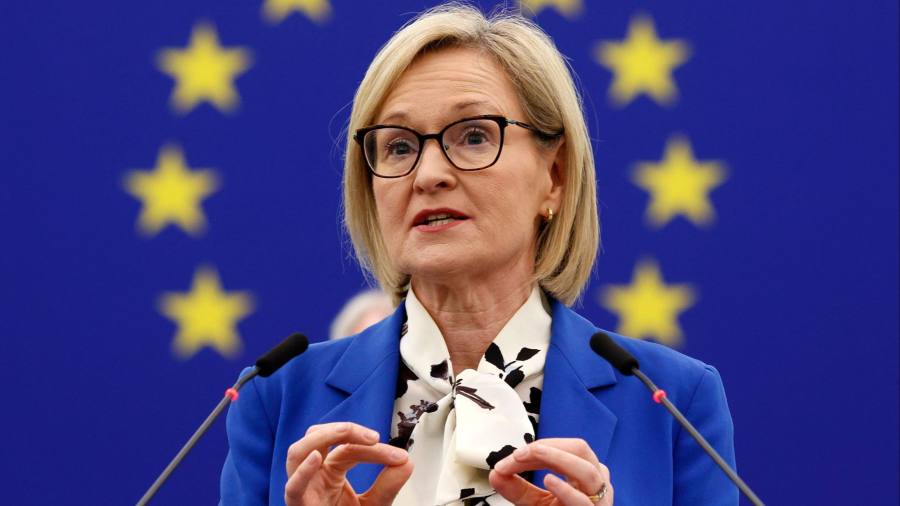Brussels has backtracked on plans to ban asset managers and insurers from paying financial advisers for recommending their investment products, bowing to intense industry lobbying and in spite of warnings from consumer groups.
An analysis by the European Commission last year concluded that an EU-wide full ban on incentive payments made by investment product manufacturers to financial advisers would be the most effective way to remove conflicts of interest and improve results for end-investors.
But Brussels has now retreated from that position and will limit the ban on inducement payments to so-called “execution-only” sales of investment products where no financial advice is delivered, according to a leaked draft of the EU’s retail investment strategy seen by the FT.
“A full ban on inducements would entail significant and sudden impacts on existing distribution systems, with consequences that are hard to predict,” said the commission.
The commission has been focused on the practice of payment for financial advice, arguing that it distorts the market for consumers. It hopes greater transparency will encourage more retail investors to move into the investment market.
It is expected to publish the finalised version of its retail investment strategy on May 24 but alterations to the plans appear unlikely at this late stage.
Many of the EU’s largest asset managers and investment product distributors are owned by banks and insurers and had opposed a ban on inducements. They argued that a ban would create an advice gap and leave retail investors in a worse position.
The European Fund and Asset Management Association had said previously that an EU-wide ban on inducements “would effectively restrict the access of the majority of EU citizens to affordable qualified advice”.
Germany and Austria’s finance ministers had also sent objection letters to Mairead McGuinness, the European commissioner for financial services.
Other members of the European parliament had urged the commission to press ahead with a total ban.
“Biased payments for financial advisers must be urgently banned. In countries where inducements have been banned, such as the UK or the Netherlands, the level of trust in financial advisers has improved,” said the Finnish MEP Eero Heinäluoma.
Guillaume Prache, managing director of Better Finance, an investor rights campaign group, said the leaked draft was “not good news for consumers but the commission has made progress in deciding to ban kickbacks to financial advisers in execution-only sales”.
Better Finance said that it welcomed the commission’s efforts to introduce harmonised rules to address conflicts of interest covering sales of investment products to retail investors, as different standards currently applied under Mifid and insurance regulations.
Julie Hudson, an independent investment consultant, said that it was “not a surprise” that the commission had backed down in the face of industry lobbying.
Allowing banks and insurers to continue to pay inducements while applying a ban to execution-only investment platforms could aggravate conflicts of interest in the market, said Hudson.
Levels of trust in financial service providers remain poor among retail investors in Europe. Just 38 per cent of consumers said they felt confident that the investment advice they received from financial intermediaries was primarily in their best interest, according to a recent Eurobarometer survey.
The commission wants financial service providers to adhere to strengthened “best interest of the client” principles and to publish new annual statements with performance data and information on costs and charges, including payments to third parties.
All of these ideas would work “only if regulators assertively enforce them”, said Hudson.
Additional reporting by Javier Espinoza in Brussels
Read the full article here




